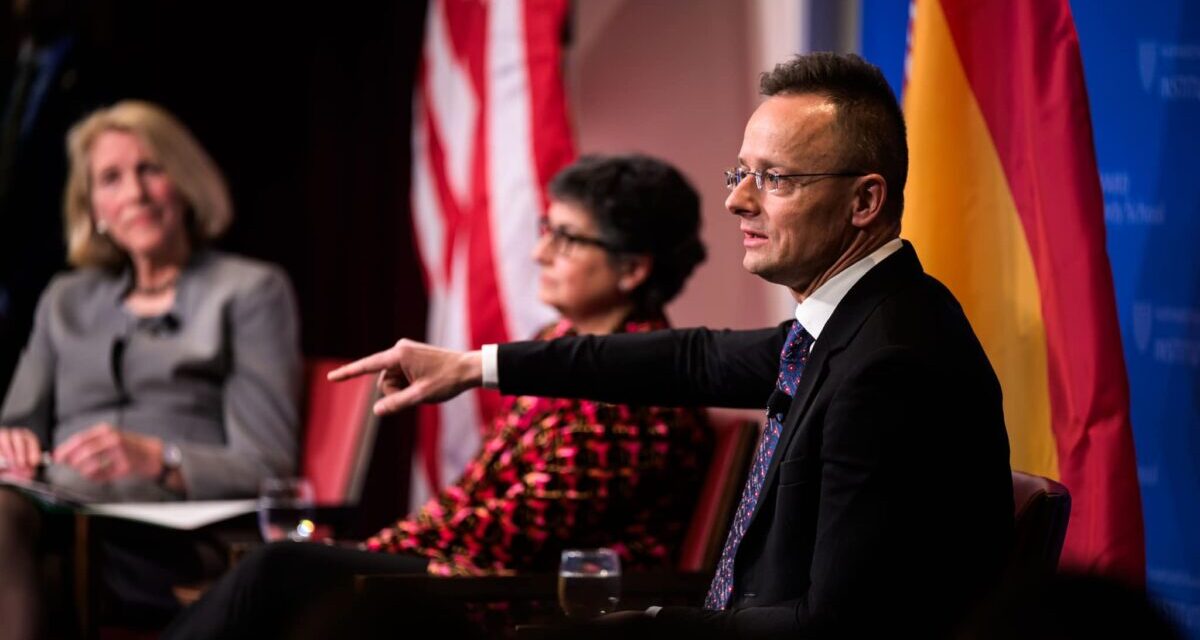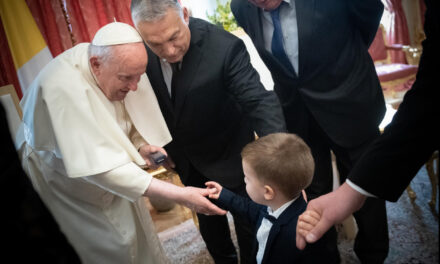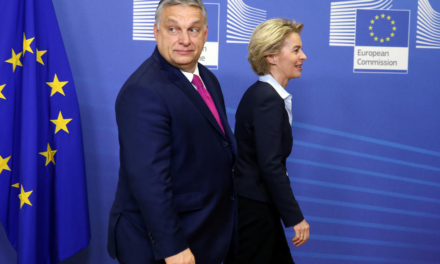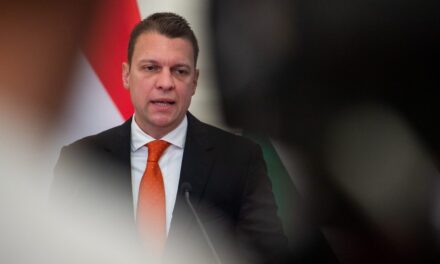"If there was mutual respect, ideological disputes could be avoided," said the foreign minister at a panel discussion at Harvard University's Institute of Political Science.
According to the ministry's statement, during the conversation regarding the Ukrainian package adopted at the previous week's EU summit, the head of the ministry reported that Hungary had two important preconditions for its support, which were fulfilled, so there was no need to veto the joint decision again.
"If there was mutual respect, ideological disputes could be avoided"
The minister underlined: it often happens that the government brings up an important matter, and the others act as if nothing had happened, which clearly shows that in recent years there is no real space for rational dialogue on strategic issues, and the situation keeps getting worse.
If we put forward such a demand, the answer is not to discuss it, to study how to find a solution, but to label us Putin's friends, Kremlin propagandists, or maybe Russian spies
- He told. He added:
"if there was room for rational dialogue, if there was mutual respect, and if those who constantly talk about democracy paid attention to those whose opinions differ slightly from the majority, then these ideological debates and stigmatizations could be spared".
He then highlighted that the government has always been honest about its strategy and goals, which is possible due to the unique political stability prevailing in the country.
That way we can afford to say what we do and do what we say"
he said.
Oil, gas
Péter Szijjártó explained at the exchange of views on Europe's world political situation that, while the United States often criticizes the Hungarian-Russian nuclear energy cooperation, last year it bought one billion dollars worth of uranium from Russia, and American companies are also involved in the Paks expansion. He also noted that until they find a way to transport natural gas home in a backpack, the energy supply will depend on infrastructure and pipelines. He recalled that five or six years ago, the government signed a contract with ExxonMobil to purchase natural gas to be extracted in Romania, but the American company eventually withdrew from the project. And similarly, as he stated, the EU does not provide assistance for the expansion of the South-Eastern European network, and Croatia increased the transit fee for crude oil fivefold.
Without physical infrastructure, diversification is just a fairy tale"
- He told.
Sweden, NATO
Speaking about the ratification of Sweden's NATO accession, he stated that the government submitted its proposal on this matter, but the Parliament has not yet put it on the agenda, precisely because many representatives consider it an insult that some Swedish politicians have been shouting for years that there is a dictatorship in Hungary and power is not legitimate, and now they are asking for a favor.
He complained that the Swedish side was not willing to make confidence-building gestures, the prime minister went to Ankara, but not to Budapest. He then expressed his hope that this will eventually take place, and as a result, Stockholm can receive the green signal from the parliament at the end of February.
EU vs. China
The minister then announced that the value of trade between the EU and China was 865 billion euros per year last year, of which our country represented 1.2 percent. He pointed out that Hungary has become the primary target of Chinese investments in Central Europe, and that this was possible because of German industry, as all three major German premium car brands have production bases in our country, and they are largely dependent on their Chinese suppliers. In response to questions from the audience, he believed that he did not believe that Russia would risk attacking a NATO ally, precisely because of the principle of collective defense.
Obviously, we are much stronger than Russia, NATO is much stronger than Russia militarily"
he underlined. He recalled that it is easy to make different statements in Brussels or Washington, but he condemned the war in Ukraine and urged its end, speaking in front of roughly a thousand people at the Russian Energy Week in Moscow.
Featured image: Péter Szijjártó/Facebook












